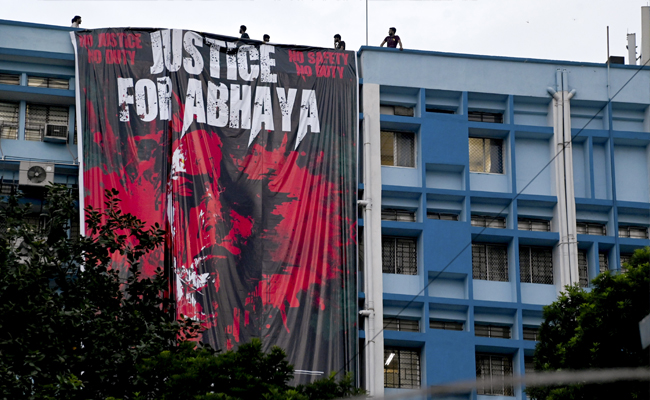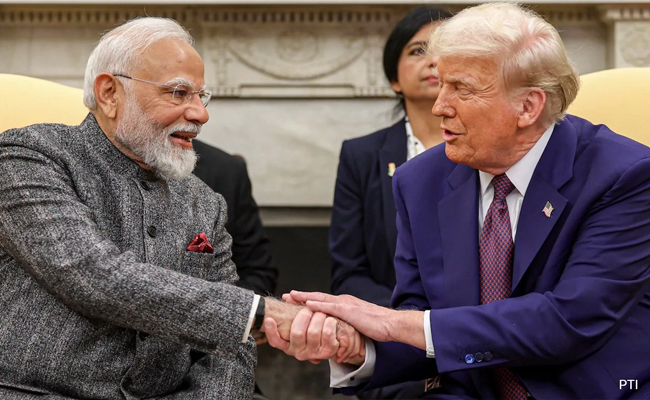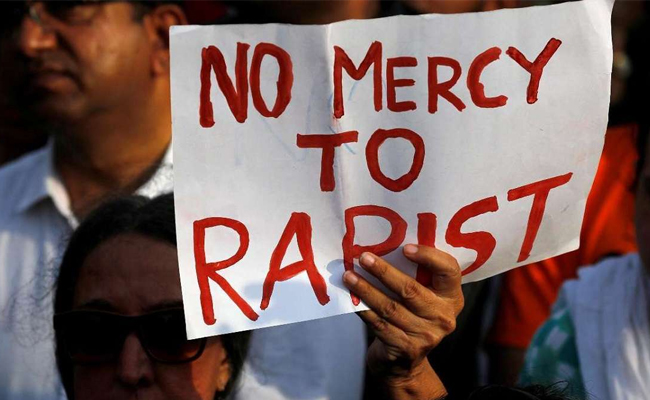Prayagraj (UP), Jun 15: The Allahabad High Court on Wednesday restrained Al Jazeera Media Network Private Ltd from telecasting the film "India....Who lit the Fuse?" in the country, considering the "seriousness" of allegations made in a PIL against the movie.
Al Jazeera is a news channel based in Doha, Qatar.
A bench comprising Justice Ashwani Kumar Mishra and Justice Ashutosh Srivastava passed the order on the public interest litigation (PIL) filed by one Sudhir Kumar who argued that the film, if released/broadcast, is likely to create hatred amongst different religious denominations and thereby destroy the secular fabric of India.
Prayers were also made to command the respondents 1 to 3 i.e. Union of India, Ministry of Information and Broadcasting and Central Board of Film Certification to review and certify the film in question before its telecast/broadcast.
The court also directed the Central government and the authorities constituted under it, to take appropriate measures warranted in law to ensure that the film is not allowed to be telecast/broadcast unless its contents are examined by the authorities, duly constituted in law for the purpose, and necessary certification/authorisation is obtained from the competent authority.
Considering the seriousness of allegations made in the writ, which are likely to have far reaching consequences, the petition does require consideration, the court observed.
"Considering the evil consequences that are likely to occur on the telecast/broadcast of the film in question, we are of the view that the broadcast/telecast of the film in question be deferred pending consideration of the cause in the present petition," it said.
"In view of the deliberations and discussions held above, we restrain the fifth respondent i.e. Al Jazeera from telecasting/broadcasting/releasing the film 'India....Who lit the Fuse?' till the issues raised in the present petition are adjudicated after notice to the fifth respondent," the court said.
Counsel for the petitioner submitted that though Al Jazeera is only a news organization but it has exceeded its ambit so as to broadcast films, position as investigations on its news channel with the singular intention of creating distress and endangering public order in the country.
As per the petitioner, he has reliably learnt from print and social media reports that the film portrays Muslim minority of living with a sense of fear and presents a disruptive narrative creating a sense of public hatred, which is far from reality.
The high court fixed July 6 as the next date of hearing.
Let the Truth be known. If you read VB and like VB, please be a VB Supporter and Help us deliver the Truth to one and all.
Kolkata (PTI): Sleuths of the Kolkata Police on Wednesday arrested a person from here for allegedly being involved in assaulting the guard of an IPS officer during 'Nabanna Abhiyan', a march to the West Bengal secretariat, last week, an officer said.
The person, identified as Chandan Gupta, a resident of Jagatdal in North 24 Parganas district, was arrested from Bow Bazar area in central Kolkata this morning, he said.
"The person has been booked under various sections of the Bharatiya Nyaya Sanhita for attempting to kill constable Prasanta Poddar, who is a guard of DC SSD Bidisha Kalita Dasgupta. He is being questioned," the officer said.
Chaos and violent agitation dominated the streets of Kolkata and adjacent Howrah on August 9, a day that marked the completion of one year of the rape and murder of the doctor at the state-run RG Kar Medical College and Hospital.
"The search for other accused is underway," he said.
Seven FIRs were filed against several individuals, including BJP MLAs Ashok Dinda, Agnimitra Paul and other leaders, for allegedly obstructing security personnel from performing their duties, assaulting them and causing damage to public properties during the march to the West Bengal secretariat on August 9.
Incidentally, the father of the deceased doctor of the RG Kar Medical College and Hospital filed an FIR, accusing the police of torturing his wife during the protest.





